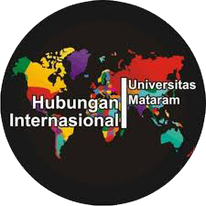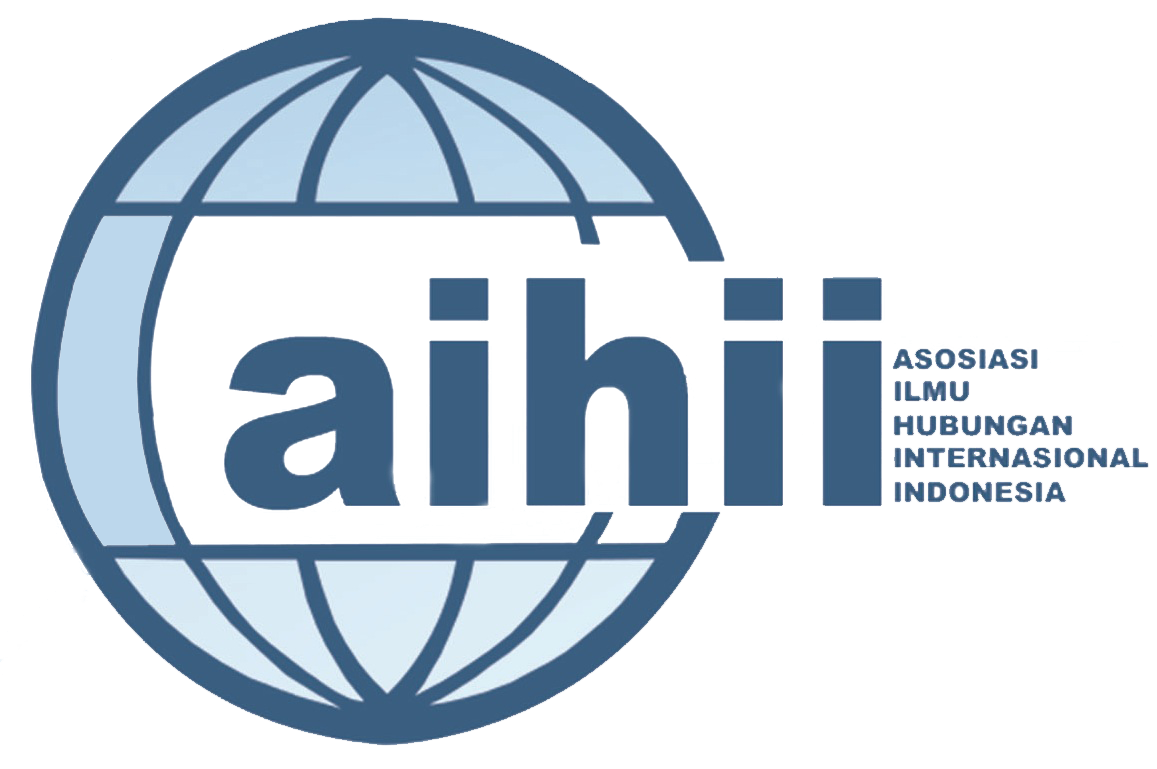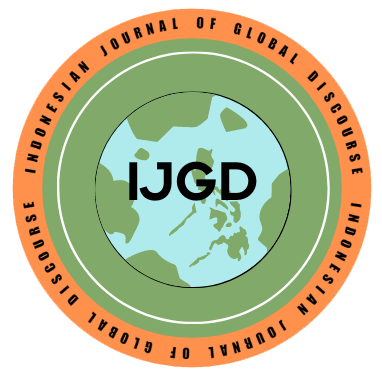Upaya ASEAN dalam Menangani Kejahatan Transnasional Perdagangan Narkoba, Perdagangan Manusia dan Terorisme di Kawasan Asia Tenggara
DOI:
https://doi.org/10.29303/ijpss.v5i1.120Keywords:
ASEAN, Multilateral Cooperation, Transnational Crime, Non-Intervention PrinciplesAbstract
The pattern of relations between nations and increasingly complex foreign policies have also encouraged the development of transnational crime. These developments require countries around the world to have universally recognized legal instruments based on international practice within the framework of implementing national law and promoting international security to combat and eliminate transnational crime. One legal instrument that is universally recognized is the extradition treaty, which in this case will be studied regarding its form of implementation in the Southeast Asia region. This research uses qualitative methods to explain the implementation of the extradition treaty in dealing with transnational crimes in the Southeast Asia region. The concept of multilateral cooperation is used to analyze this study. The research results show several ASEAN efforts in dealing with transnational crimes such as drug trafficking, human trafficking and terrorism crimes through various multilateral cooperation related to handling these crimes. The author concludes that these various efforts have not been achieved optimally considering that ASEAN has the principle of non-intervention so that regional cooperation regarding transnational crime cannot be fully implemented. The author also sees that economic factors influence whether transnational crime cases are large or not considering that these crimes are committed mostly because of economic factors.
References
Anik Yuniarti. (2010) Implementasi Mekanisme Regional ASEAN dalam Penanggulangan Masalah Terorisme di Asia Tenggara. Jurnal Diplomasi dan Keamanan Vol. 2 No. 1: 52.
Blueprint ASEAN Community 2015 dapat diakses dari http://www.asean.org/archive/5187-18.pdf (ASEAN Political-security Community); http://www.asean.org/archive/5187-10.pdf (ASEAN Economic Security); http://www.asean.org/archive/5187-19.pdf (ASEAN Socio-culture Community).
Damaian, Eddi. 1991. Kapita Selekta Hukum Internasional. Bandung: Alumni.
KemenpanRB RI. (2022). Resmi Ditandatangani, Inilah Lini Masa Perjanjian Ekstradisi
Indonesia-Singapura. Di Akses melalui https://menpan.go.id/site/berita-terkini/berita-
daerah/resmi-ditandatangani-inilah-lini-masa-perjanjian-ekstradisi-indonesia-singapura
Nuraini. (2022). Bentuk Kerja Sama Asean di Bidang Politik yang Perlu Diketahui. Di Akses
Melalui https://www.bisnis.com/read/20220914/638/1577466/bentuk-kerja-sama-asean-di-
bidang-politik-yang-perlu-diketahui.
Moleong, L. J. (2007). Metodologi Penelitian Kualitatif. PT Remaja Rosdakarya.
Parthiana, I Wayan. 2004. Hukum Pidana Internasional dan Ekstradisi. Bandung: Yrama Widya.
Parthiana, I Wayan. 2009. Ekstradisi dalam Hukum Internasional Modern. Bandung: Yrama Widya.
Rika Erawaty. (2016). Kajian Tentang Perjanjian Ekstradisi Indonesia-Malaysia dalam Memberantas Kejahatan dan Pelaksanaannya di Indonesia. Jurnal Hukum,Vol. 1, No.1:56.
Sanit, Arbi. (1982). Sistem Politik Indonesia; Kestabilan Peta Kekuatan Politik dan Pembangunan. Jakarta : Rajawali Press.
Syarifuddin. (2016). Relevansi Undang-Undang No. 1 Tahun 1979 tentang Ekstradisi dengan
Perkembangan Hukum Ekstradisi Internasional. Jurnal Pendidikan HukumVol. 3, No. 1: 94
Undang-Undang Nomor 1 Tahun 1979 tentang Ekstradisi.
Downloads
Published
Issue
Section
License
Copyright (c) 2023 Rezky Ramadhan, Muh Chaerul Anwar, Muhammad Sajidin

This work is licensed under a Creative Commons Attribution-NonCommercial 4.0 International License.













